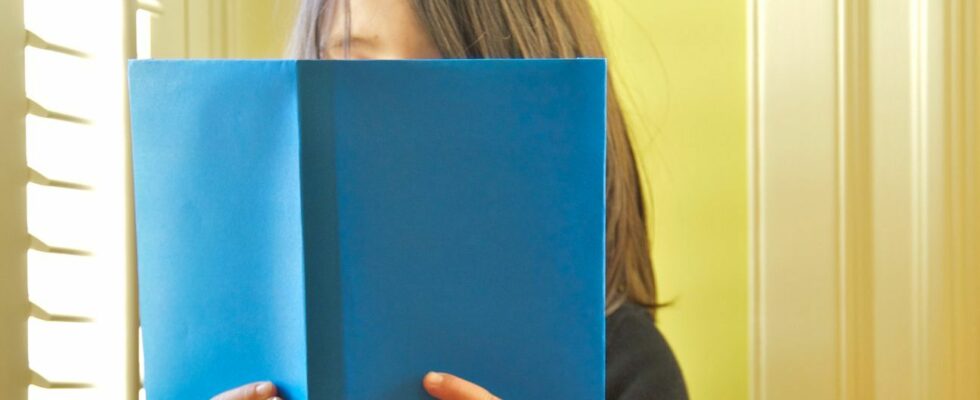9 years. This is the age of this year’s youngest candidate for the general and technological baccalaureate which begins this Tuesday. While she should be in CE2, the student from the Strasbourg academy is registered as a free candidate. This is a record in the history of the exam.
The youngest candidates who take the baccalaureate are generally aged 12 or 13. Last year, the youngest candidate was 12 years old. This record therefore poses a question: How far are we going to go? And above all, is it now that extraordinary to pass your baccalaureate at 9 years old?
Exceptional capabilities
“There have always been little geniuses,” recalls Dominique Sappey-Marinier, teacher-researcher in biophysics and neuroscience at the Faculty of Medicine of Lyon-1. If you are part of this category, passing your baccalaureate at 9 years old is not abnormal. » By “little geniuses”, the researcher means children with extraordinary cognitive capacities for learning, understanding or memorization.
“We don’t really know what these abilities are due to, it’s both innate and acquired,” according to Romain Quentin, neuroscience researcher at Inserm. But hypermnesia is often observed in certain people with an autistic disorder, particularly those with Asperger’s syndrome. »
The role of parents
But this precocity is not only linked to extraordinary intellectual abilities. The role of parents is also essential. “Even if a child is a little genius, if he doesn’t work, it won’t necessarily show,” believes the teacher-researcher. When we learn, the brain works and this will create neurons, new pathways. »
For Romain Quentin, nothing surprising. “If we spend a lot of time pushing all the learning, many things can be learned by heart and this can work for children. » Because for the baccalaureate, it is above all about learning by heart. “There, we are talking about academic skills which are mainly linked to concepts so we have to work to retain them,” maintains the researcher.
And according to Dominique Sappey-Marinier, in terms of quantity of information, the baccalaureate would not be much compared to other childhood learning. “It’s a period during which we learn a lot of information, particularly during language acquisition. »
Not under 7 years old
Does the child’s brain therefore have no limits? Yes, rest assured. “We only have a somewhat complete brain from the age of 6-7,” explains Dominique Sappey-Marinier. Only at this age will it have approximately the same structure as an adult brain. » The famous “mature age”. Before this age, certain functions are not yet completely assimilated. This is for example the case of lateralization of the brain. “Before 5 or 6 years old, children can write a B backwards for example, or write with one hand and the other,” continues Romain Quentin.
More information on the 2024 baccalaureate
But another question bothers the researcher: “isn’t this pushing a child to beat a record at the risk of delaying other types of learning such as sociability or the management of emotions? » A question that comes up with each announcement of a new precocity record for a baccalaureate candidate.

